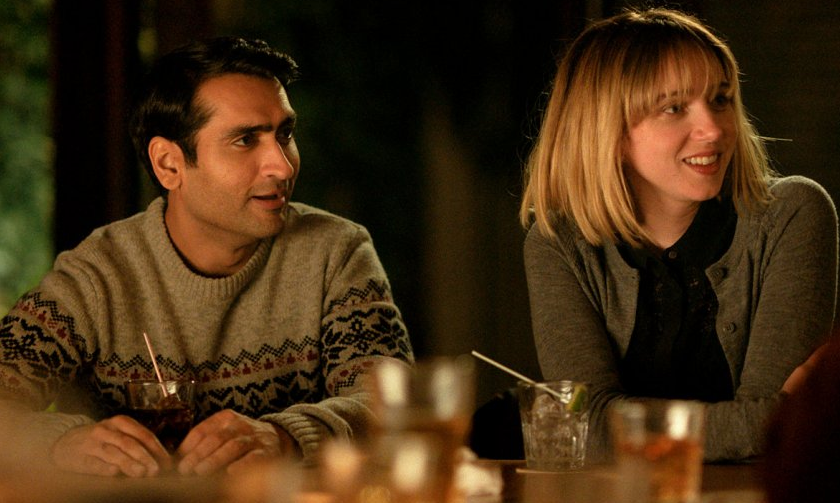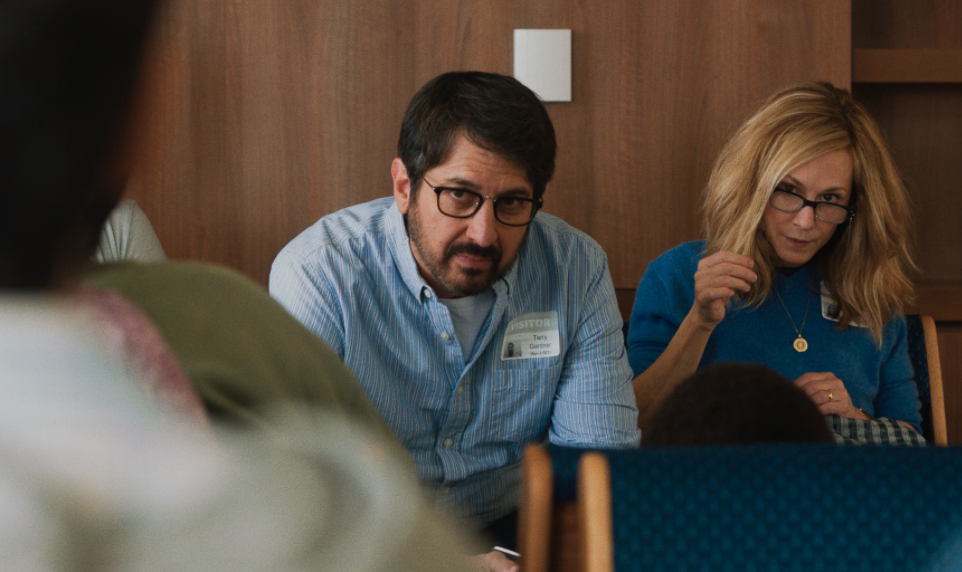Can you remember the interviews that punctuate Rob Reiner’s film, When Harry Met Sally? Elderly couples recall the stories of how they met and fell in love. The stories are true, collected by Reiner himself from real people, though they are related to the audience by actors. When Harry Met Sally, and these anecdotes in it, remind us that there are all forms of love, and all sorts of ways that people get together.
I have a friend who is a filmmaker. I have many friends that are filmmakers but this one in particular was relating to me recently an incident during his time in film school in which a lecturer suggested that all great films have one strong idea at their core. Interstellar might be “love conquers all” and Shrek might be “beauty is only skin deep.” Skeptical, I asked my friend, “What about Dumb & Dumber?”, to which he replied that the answer for that film is “ignorance is bliss.” I have yet to decide whether I agree with this theory, perhaps because of a reluctance to subscribe to an idea that can be twisted to any film given enough lateral thinking.

If we are to subscribe to the lecturer’s idea then, at a fundamental level, Michael Showalter’s The Big Sick has an identical central core to When Harry Met Sally; that there are many paths to deep connection. Coincidentally, it’s also based on a true story. Kumail (Kumail Nanjiani, the actual person behind this true story) is a young man, living in Chicago, from a traditional Pakistani Muslim family. Kumail makes a meagre living as a stand-up comedian, to the chagrin of his family, who had their sights set on law school and also interminably introduce him to Pakistani women in the hopes of an arranged marriage.
During one of Kumail’s shows, he is heckled by a young woman, Emily (Zoe Kazan). After the show, they strike up a conversation and hit if off. They sleep together and a relationship develops. That relationship hits a snag when Emily discovers a cigar box full of images of Pakistani women – the potential suitors for an arranged marriage. Kumail admits that he may not have a future with a women who is not approved by his parents. He and Emily split up.
The parents, Terry and Beth, played wonderfully by Ray Romano and Holly Hunter, are the highlights of this movie. They are real people and their reactions to each situation reflect truth, not Hollywood’s truth. I could see shades of people I know in both of them. Their relationship with Kumail develops, aided by the intensity of the situation that they have found themselves in. The question, of course, is how is Emily going to feel if or when she wakes up?

The romantic comedy is a criminally bemoaned genre by many of the world’s film-going population. Romantic comedies have the potential to be enormously charming, thoughtful and moving. The Big Sick is impressive in the comedy department and there’s a lot of charm. The romance, is slightly less impressive. But then, how do you convey a sentiment as complicated as love?